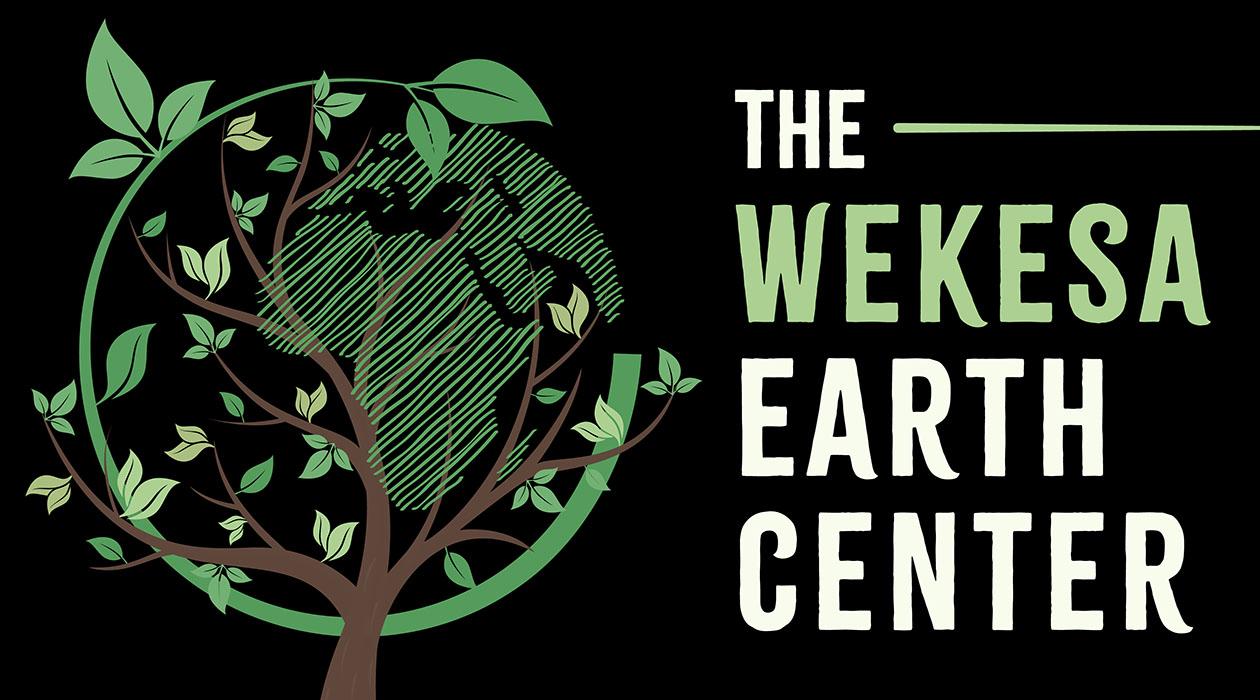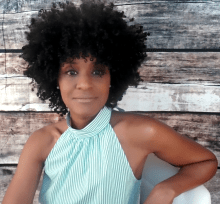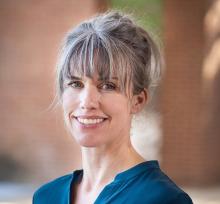
A long-time nature advocate, Associate Professor Jennifer D. Roberts was overjoyed when people across the country turned to the outdoors for physical activity and stress relief during the early, dark days of the COVID-19 pandemic.
But that joy was short lived as the pandemic quickly amplified historic inequities around access to green space for marginalized populations and communities of color.
“There was so much uncertainty at the time, and people needed something they could rely on, like the sun is going to come up today, or the birds are going to sing today,” Roberts said. “The CDC encouraged people to go to their closest parks, but then smaller parks began to close because they were getting overcrowded. And for people who lived in urban high rises, the closest they could get to nature was looking out their windows … Not everyone has access to a park or even a yard.”
These observations, combined with Roberts’ research on the built, social and natural environments and the institutional and structural racism that limits access to them, planted the seed for the new Wekesa (pronounced week-a-sah) Earth Center - a new, University of Maryland-based effort to increase belonging and justice in outdoor spaces.
Roberts received funding from the REI Cooperative Action Fund to establish the center.
Led by Roberts and Associate Professor Shannon Jette, Wekesa will generate nature-based research, honor communities historically disenfranchised from nature and use programs to advocate the restorative benefits of nature.
“I wanted to create this center to be a space that really represents nature, belongingness and nature healing,” Roberts said. “For people to feel belonging, they have to have some kind of healing for land-based traumas that happen directly to them or historically. This center will promote equity and a reconciliation of past wrongs while bringing attention to some of the anti-Black and anti-indigenous racism that occurred on these lands in North America.”
Meaning “harvest born,” Wekesa will serve as a home for activities like forest-bathing and programs like NatureRx@UMD, a program that Roberts and Jette launched in 2019 that emphasizes the benefits of natural environments on and around campus.
“With NatureRX, we have a similar focus on the importance of green space and mental health,” Jette said. “It’s important to consider not only the benefits of these green spaces but who has access to them. Wekesa Earth Center was kind of this natural, next step.”
Wekesa will also support nature-based curricula like Roberts’ “Black Bodies and Green Spaces: From 1619 to Today,” an honors course that examines how systemic racism has shaped the experience, connection and relationship to nature among Black Americans, and Jette’s “History of Physical Culture, Sport, and Science in America” course.
Plans for the center’s reconciliation arm are under development.
“It will probably involve tributes … something as simple as signage explaining what happened on the grounds or activities commemorating certain days,” Roberts said.
But perhaps the most personal part of the center for Roberts will be Zorabelle’s Garden, a virtual communication office named in honor of her great-grandmother, Zorabelle Greene. The office will share nature news, stories and research with communities and media outlets.
Roberts and Jette said they plan to spend the next few months finalizing the center’s board of directors and reaching out to potential partners. Eventually, they’d like to see the center expand to include satellite locations throughout Maryland.
On April 21, in honor of Earth Day, the Wekesa Earth Center will host a “Forest Bathing” event at UMD and led by Ana Ka'ahanui, co-founder of Capital Nature. Space is limited. Email jenrob@umd.edu or jette@umd.edu for more information.

